When a child is facing a serious or chronic illness, parents and caregivers are suddenly placed in the middle of countless conversations. You talk with doctors, nurses, teachers, relatives, and friends, all while trying to keep up with everyday life. These conversations can be draining. Sometimes it feels hard to speak up with medical teams, even when they are wonderful and supportive. At other times, family or friends who truly want to help may offer advice that isn’t useful, or push in ways that don’t feel right. It is completely normal to feel stressed or unsure about how to handle…
Posts

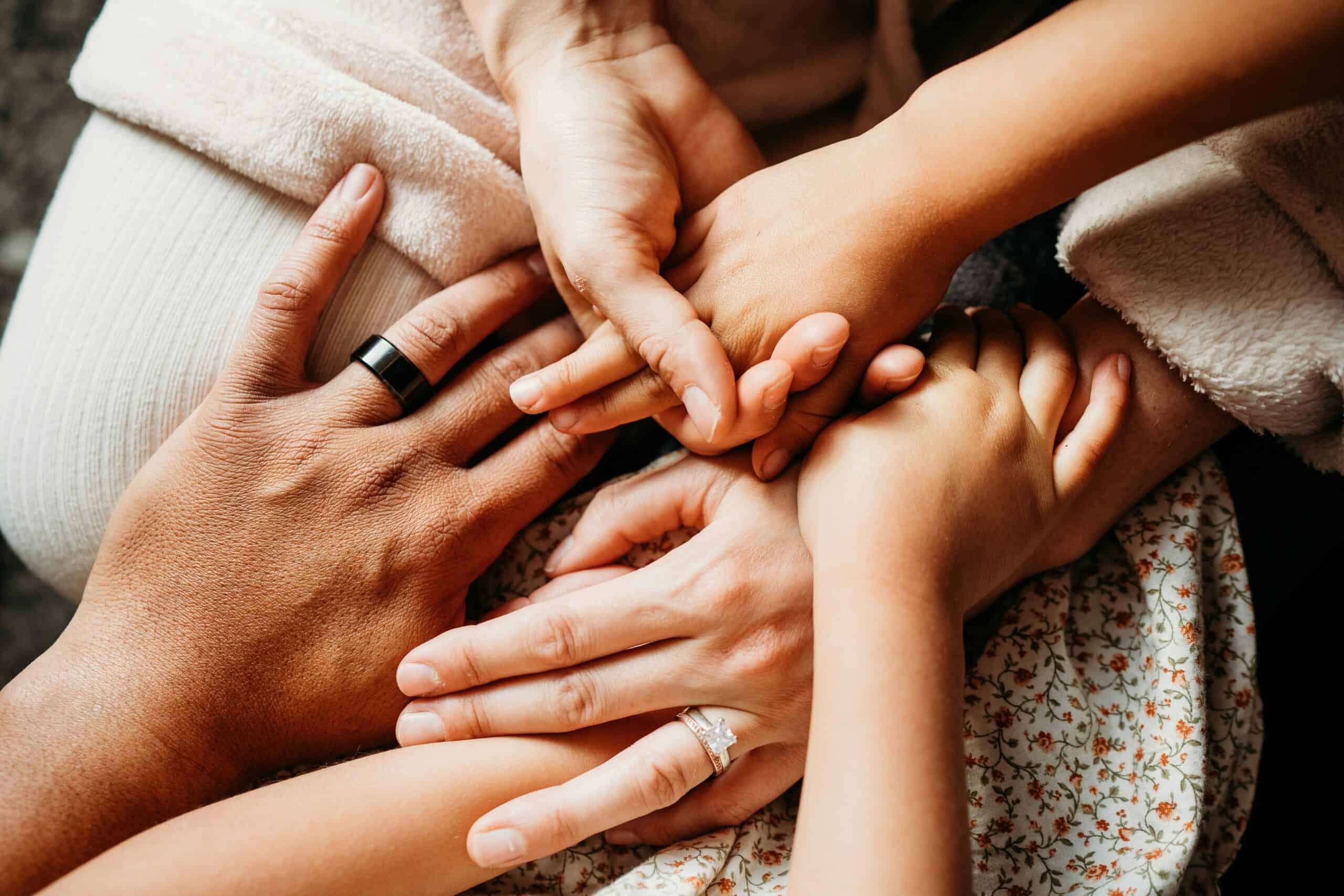
Medical professionals who work with children and families facing chronic illness often find themselves in the dual role of providing medical expertise and emotional support. While a treatment plan may be clear, the process of adapting to that plan is deeply personal. Families and children may experience fear, resistance, ambivalence, or fatigue. Healthy coping develops over time, and how we guide conversations can either support or hinder that process. Motivational Interviewing (MI) is an evidence-based communication style designed to strengthen a person’s own motivation and commitment to change. In the context of pediatric chronic illness, MI shifts the focus from telling…
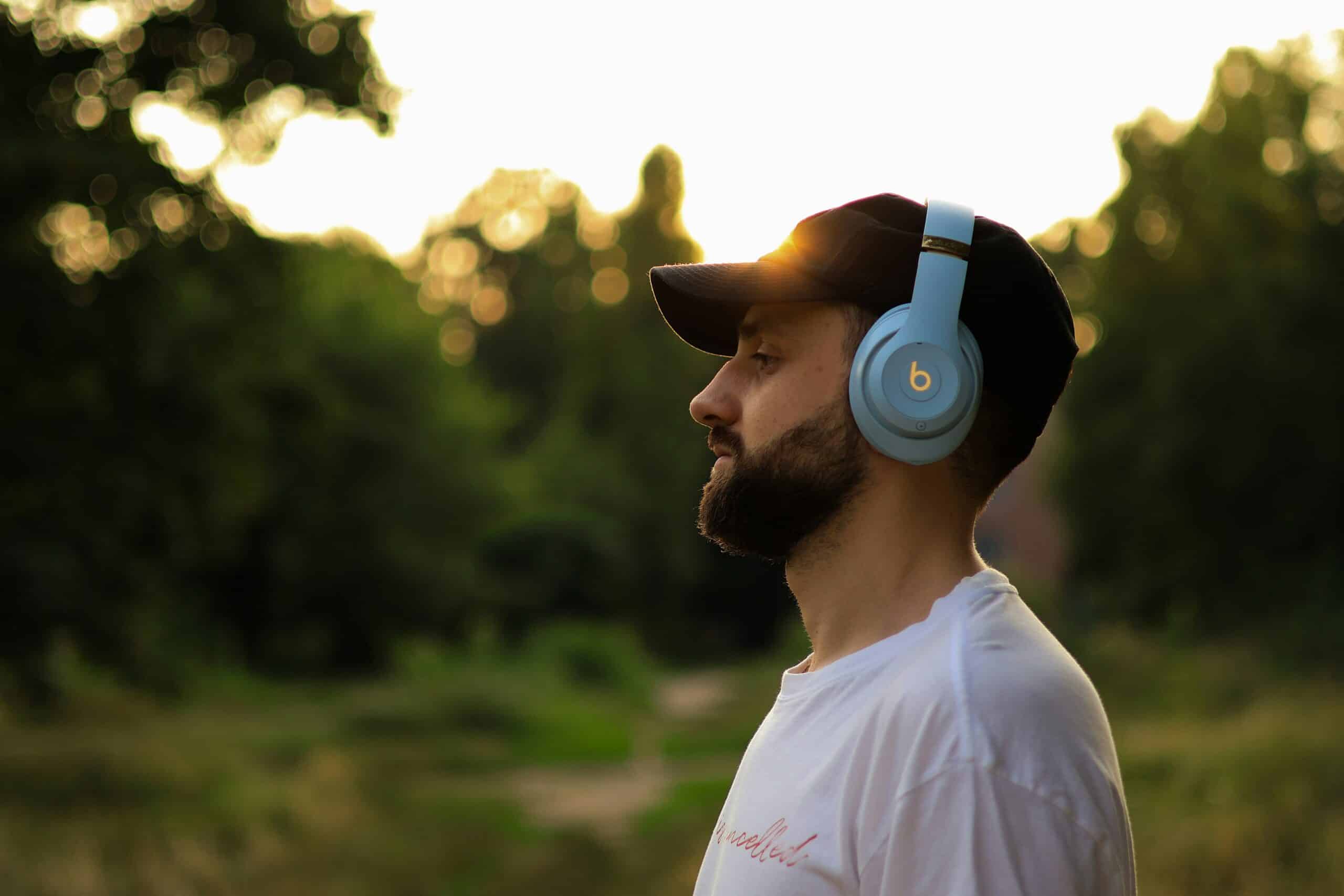
Living with a chronic illness often means living with uncertainty. Families can be having an ordinary day when suddenly a flare-up, a stressful appointment, or an unexpected setback changes everything. These moments can feel overwhelming. While no one can predict every challenge, having a coping plan in place can make a world of difference. A coping plan is like a roadmap. It does not take away the bumps in the road, but it gives families a way to navigate them with less fear and more confidence. Approaches from Cognitive Behavioral Therapy (CBT) and Motivational Interviewing (MI) remind us that planning…
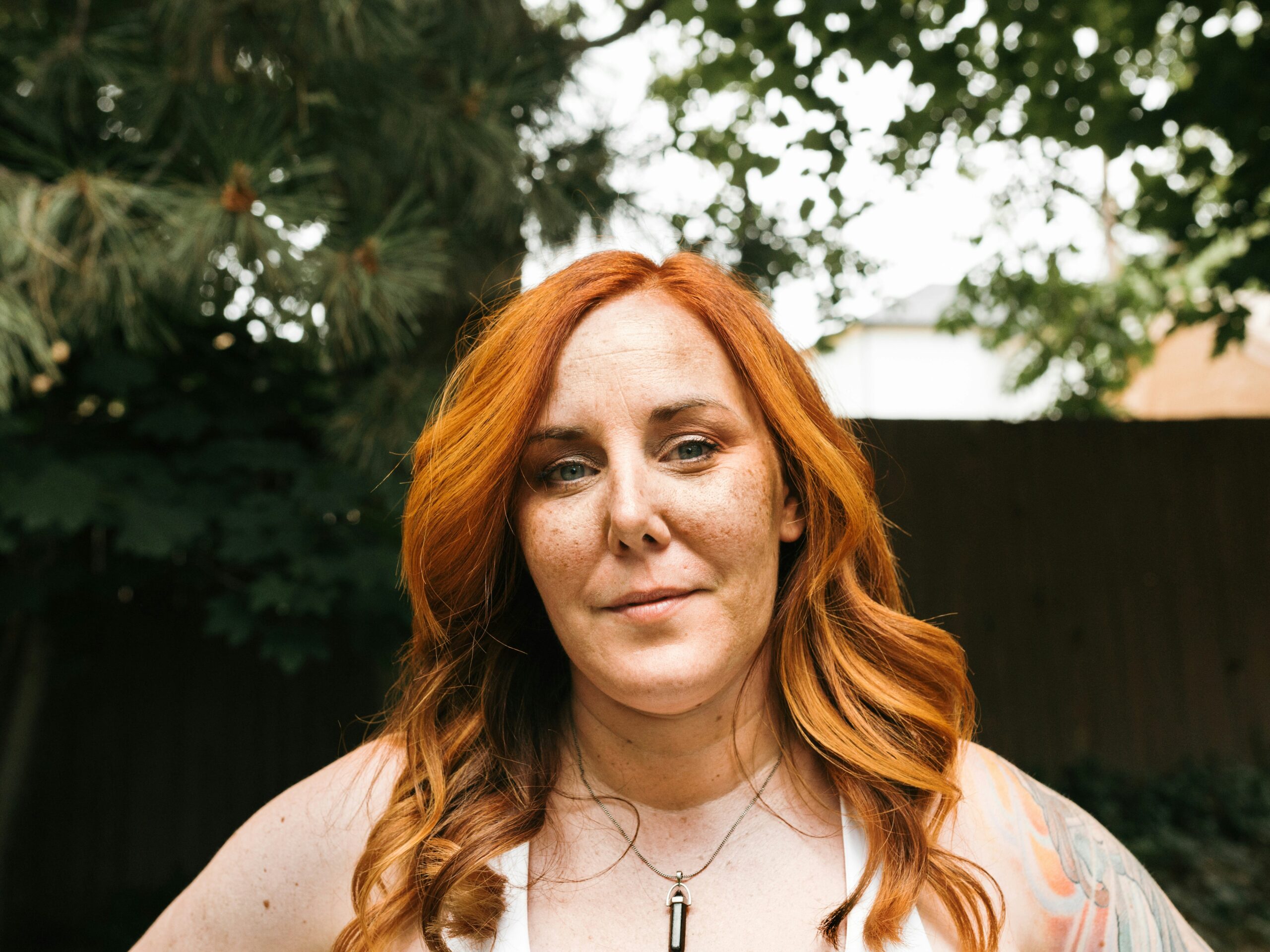
When someone you love is living with a serious illness, it’s easy to put your own needs last. There are appointments to keep, medications to track, routines to manage, and so many emotions to hold all at once. In the middle of all this, parents and caregivers often tell us they feel guilty if they rest or admit they’re struggling. They believe they have to be endlessly strong. But nobody can carry this much without also offering kindness to themselves. Self-compassion isn’t weakness, and it isn’t selfish. It’s a way of saying, “I matter too,” even when life feels heavy….
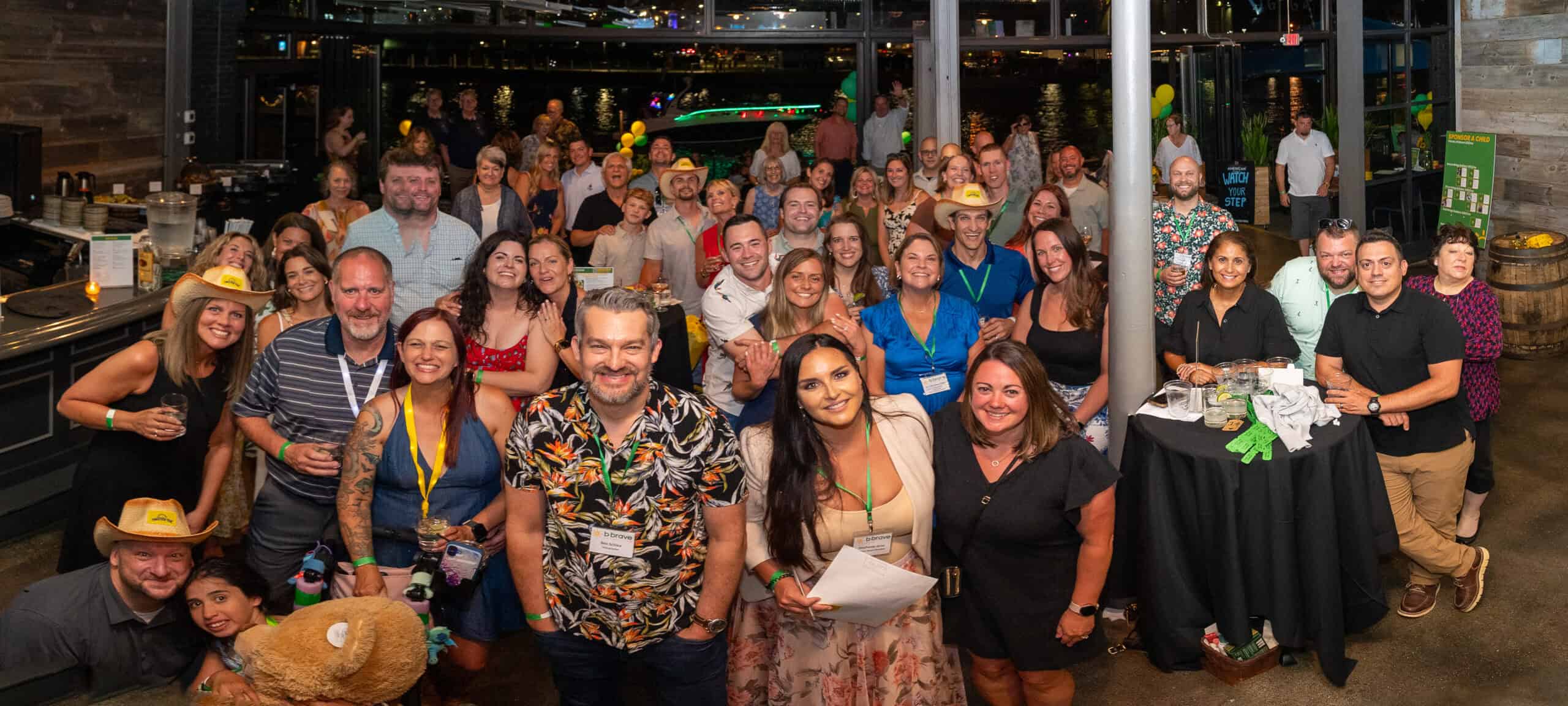
🤩 Our Annual Fundraiser was an Incredible Evening!!! 🤩 Our Annual Fundraiser was a resounding success! Your presence made an incredible difference, and we are deeply grateful for your support and generosity. A special thank you goes out to our esteemed guests, Maddie, Dr. Carl, and Dr. Traul, whose contributions and presence enriched the event beyond measure. We are also immensely grateful to Collision Bend for graciously hosting us in such a wonderful setting. To those who participated in our silent auction, your enthusiasm and competitive spirit were truly appreciated. If your bid didn’t win, we invite you to consider an opportunity to donate 10-15%…
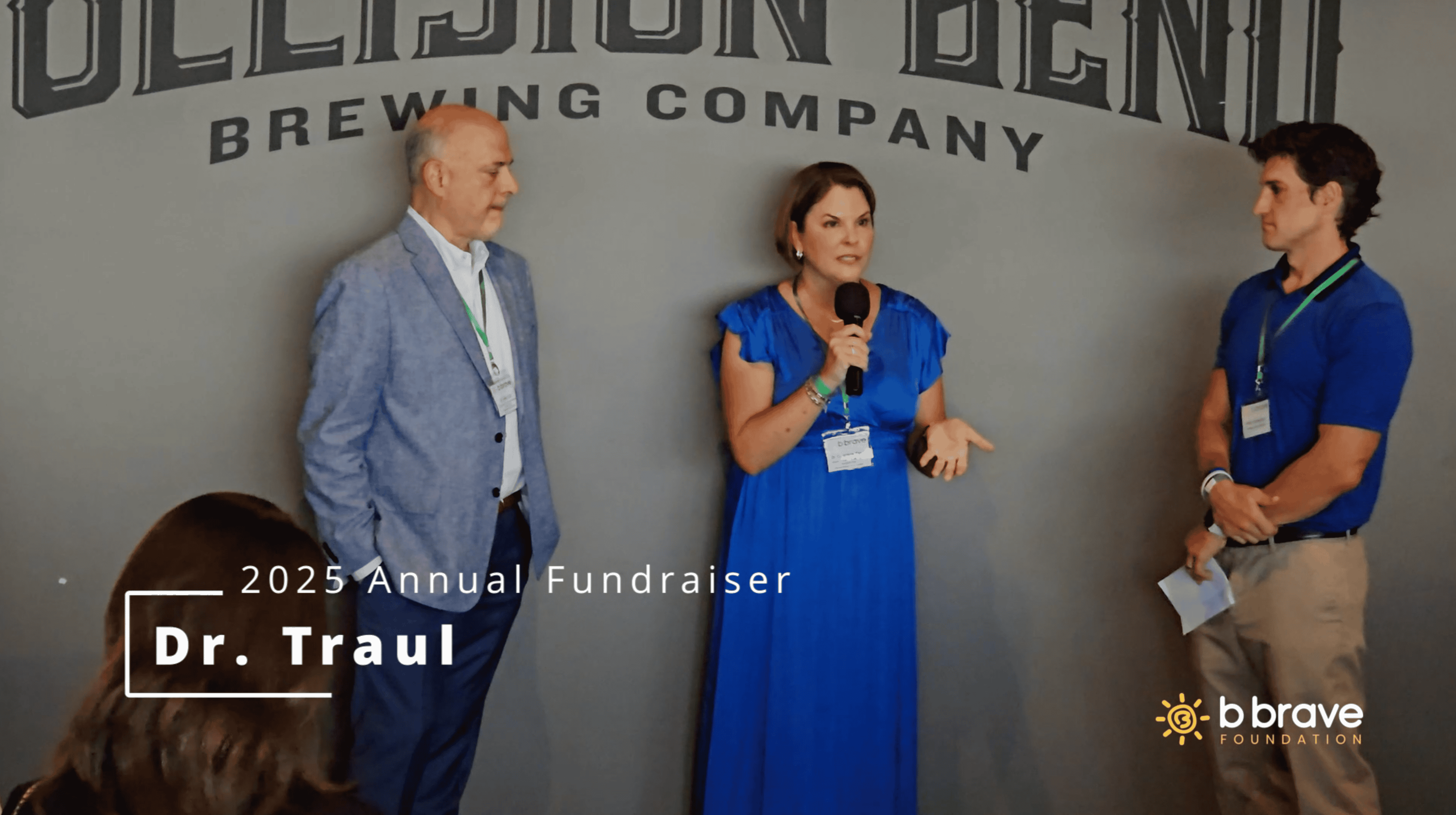
Dr. Christine Traul is a board-certified pediatric palliative medicine physician at Cleveland Clinic, specializing in pediatric hospice and palliative care. With training from the University of Virginia Health System and the Medical College of Ohio, Dr. Traul is triple board-certified in Pediatrics, Hospice and Palliative Medicine, and Pediatric Hospital Medicine. She has dedicated her career to providing compassionate, family-centered care for children with life-limiting conditions and their families, ensuring comfort, dignity, and quality of life during the most challenging times.

Healthy Coping Skills
Emotion Regulation
When a child is facing a serious illness, emotions can feel like waves crashing without warning. One moment you may be steady, and the next you’re overwhelmed with sadness, fear, or frustration. Many families describe this as one of the hardest parts of the journey: not just what’s happening medically, but how to manage the emotions that come with it. Skills from Dialectical Behavior Therapy, or DBT, can help. They aren’t about pretending everything is okay or pushing feelings aside. Instead, they’re small ways to steady yourself when emotions feel too big. Often the first step is simply noticing what…
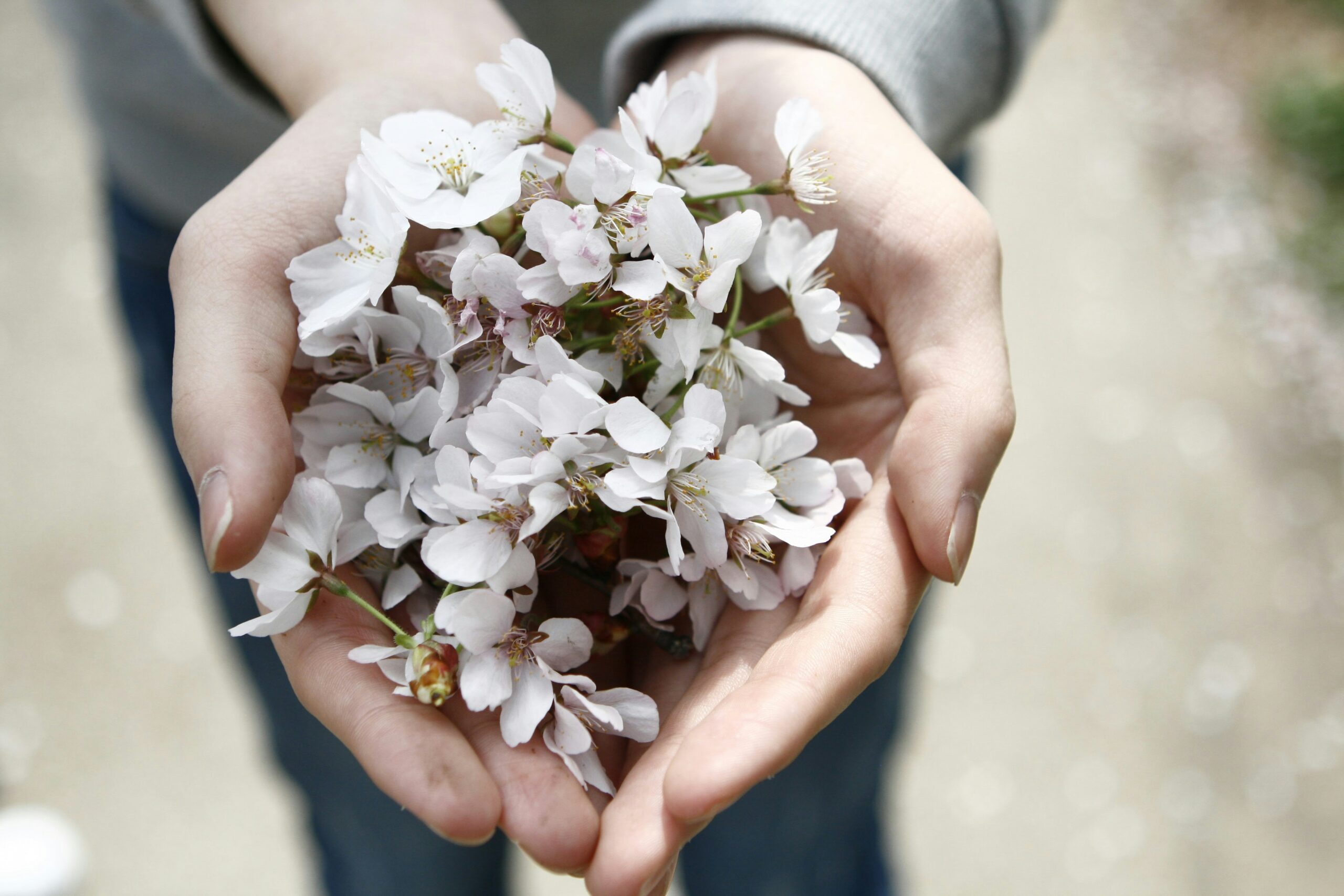
Who Should I Give To?
A Thoughtful Guide to Choosing a Non-Profit to Support
Donating to a non-profit is a powerful way to make a difference, but with so many organizations out there, how do you choose the right one? Whether you’re motivated by personal passion, a specific cause, or simply a desire to help, selecting a trustworthy non-profit is key to ensuring your donation has the greatest impact. Here are a few tips to guide your decision: 1. Align with Your Values Think about what causes matter most to you. Are you passionate about environmental issues, animal welfare, education, healthcare, or social justice? Start by focusing on organizations that align with your values…
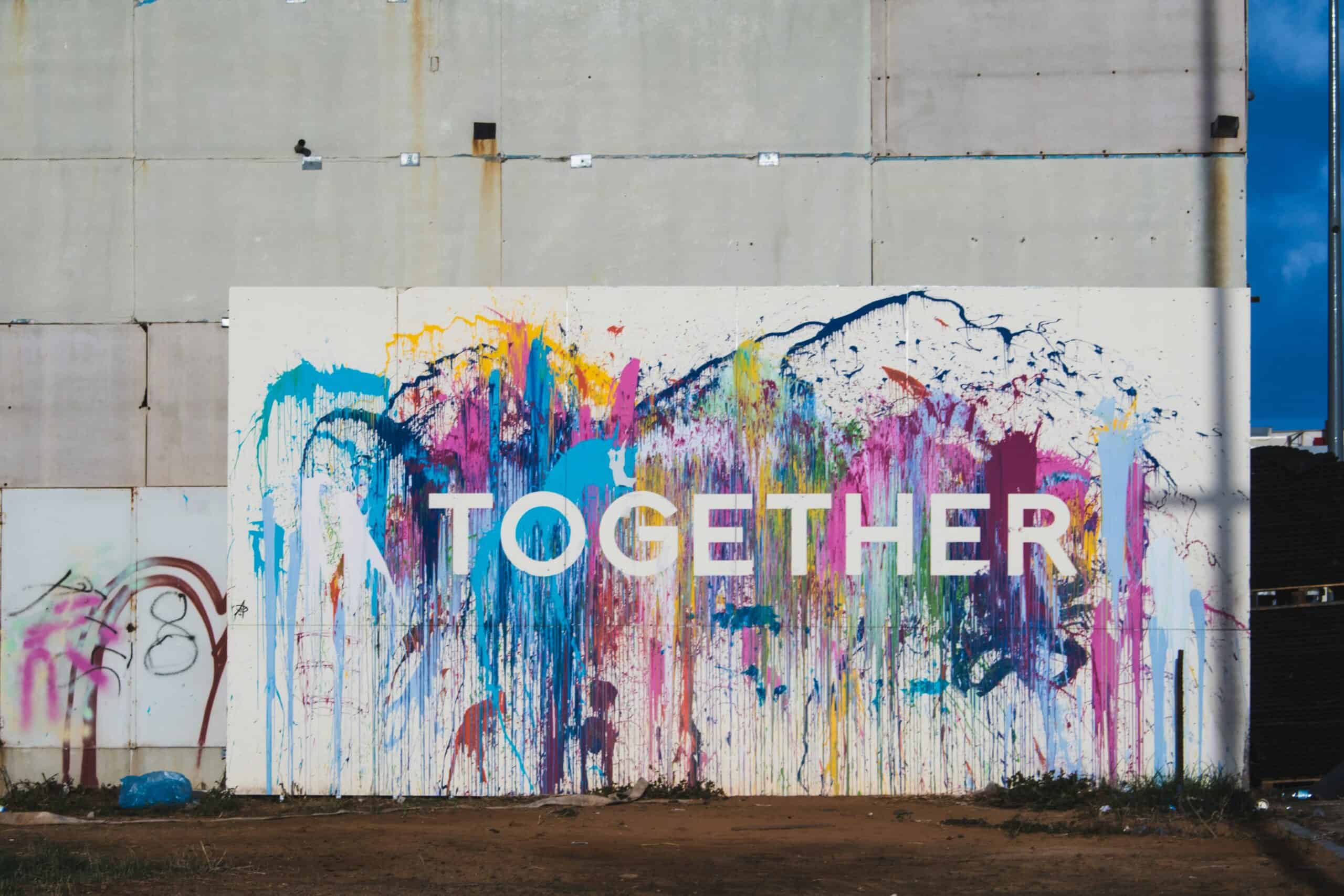
Grief isn’t only felt when someone we love passes away. We experience grief when we lose a job, face a crisis of identity, or learn that the future we envisioned for our child is forever changed. Grief is complicated—it’s sadness, anger, fear, regret, and confusion, all rolled into one. Each person experiences grief differently, making it even harder to connect when we desperately need to. When one person is stuck in sorrow and another in nostalgia, there’s a disconnect. We ask ourselves, “Why aren’t you sad?” or say, “Just remember the good times.” We crave companionship to ease the burden…

Understanding State Assistance Programs
Ohio's CMH and How It Can Help
B Brave Strives to provide meaningful support in a variety of avenues, and state assistance programs play a vital role in supporting individuals and families facing economic or health-related challenges. In Ohio, one such program is the Community Mental Health (CMH) Program, which provides crucial services to residents dealing with mental health issues. If you or someone you know is struggling, Ohio’s CMH can be a lifeline to accessing the care and support needed to improve well-being. What is Ohio’s CMH Program? Ohio’s Community Mental Health (CMH) program is designed to offer mental health services to individuals in need, regardless…